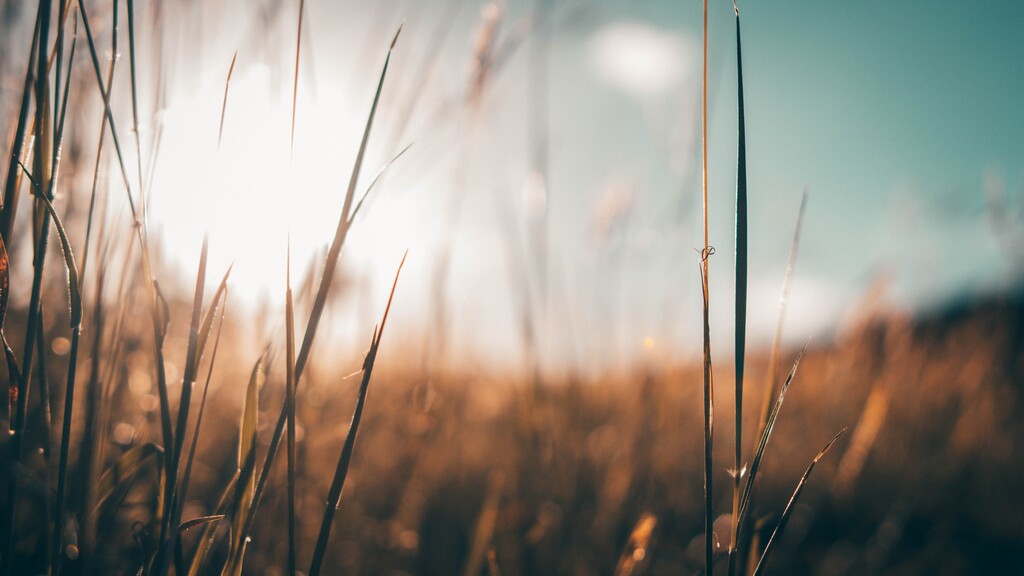

Naturefund bought 120,000 m² in the Bolivian highlands in order to protect the rare Red-fronted Macaw. The natural habitat of the Red-fronted Macaw are the dry forests of the Andes. However, for centuries man's use of these forests has left them severely damaged. Now we saved a small part. Many thanks to all supporters!

Start: October 2007
End: July 2009
The area is located in Bolivia in the province of Chochabamba north of the Mizque River.
120.000 m²
The partner is the Bolivian nature conservation organisation Asociación Armonia. It has been taking care of the protection of the birds for years.
The parrots in the highlands of Bolivia are the rare Red-eared Parrot, Lynx Parakeets, Andean Blackbird, Red Bugamazone. Pumas and the small spotted cat are also at home there.
The columnar cacti, acacias, thornbushes and bromeliads give the surroundings of the dry forest in Bolivia a very special flair.
The endangered Red-fronted Macaw (Ara rubrogenys) lives in the dry valleys of Bolivia, 1,000 to 2,700m above sea level. It is a medium-sized member of the parrot family.
Just four small rivers run through its habitat, an area which in total equals half the size of the German federal state of Hesse.
The natural habitat of the Red-fronted Macaw are the dry forests of the Andes, where there is a high proportion of Acacias, Column Cacti and other thorn bushes. However, for centuries man's use of these forests has left them severely damaged.
Farmers have changed the course of the land by dividing it into areas for agricultural use or it has been overgrazed by cattle, and the strain on the forests through the manufacture of charcoal has also caused extensive damage.
The survival of the Red-fronted Macaw now hangs in the balance due to the extensive use and partial destruction of natural food sources, such as the bean-like fruit of the Soto tree (Schinopsis haenkaena).
Only an estimated 150 to 200 adult pairs breed and the total population is estimated at less than 1,000.
A further danger to this species are poachers, who catch up to 100 birds a year (one tenth of the population) in order to sell them illegally.
Together with the Asociación Armonia (the Bolivian branch of BirdLife International), we protected one of the main breeding areas of the Red-fronted Macaw. This area lies to the north of the cliffs on the river Mizque.
We want to ensure a natural habitat for this endangered species in the forests on the slopes of the Bolivian Andes.
The temperate forest is located in the Bolivian province of Chochambama, north of the Mizque River.
120,000 m²
Red-fronted macaws, Parakeets, Pumas and other small feline;
Column cacti, Acacias, thorn bushes, Soto trees and Bromeliad;
Only a small number of Red-fronted Macaws remain in the wild. The landoffers these parrots a protected habitat and proper food sources for the raising of their young. This land also protect around 20 other species.
The Asociación Armonia, the Bolivian branch of BirdLife International, is our project partner and the owner of the land. Along with the local population, the Asociación Armonia is already overseeing and managing the land.